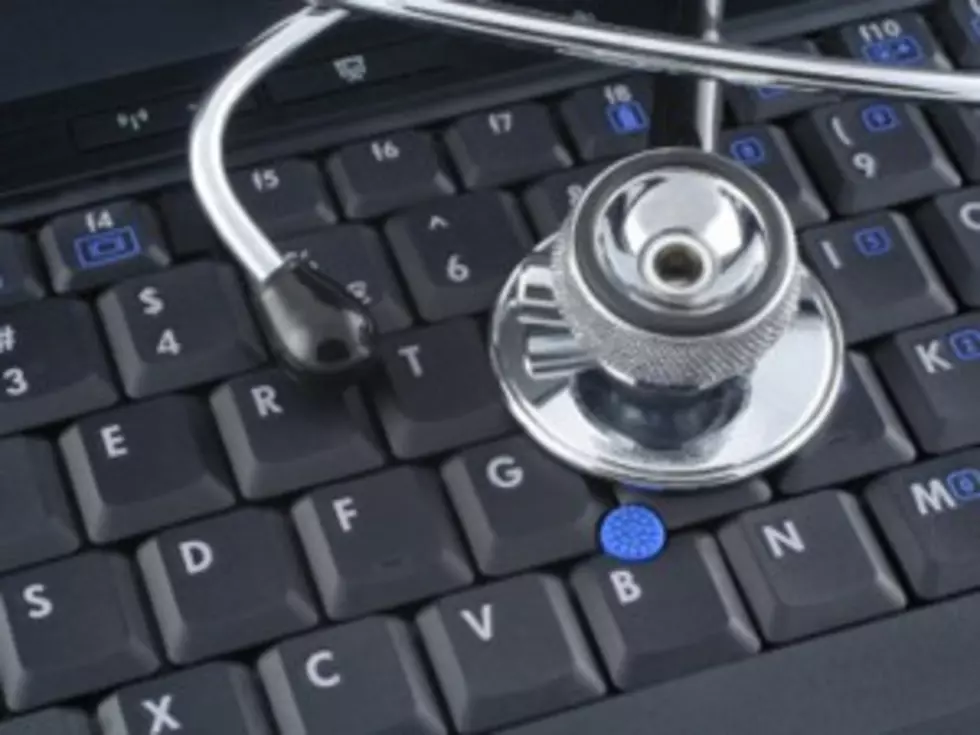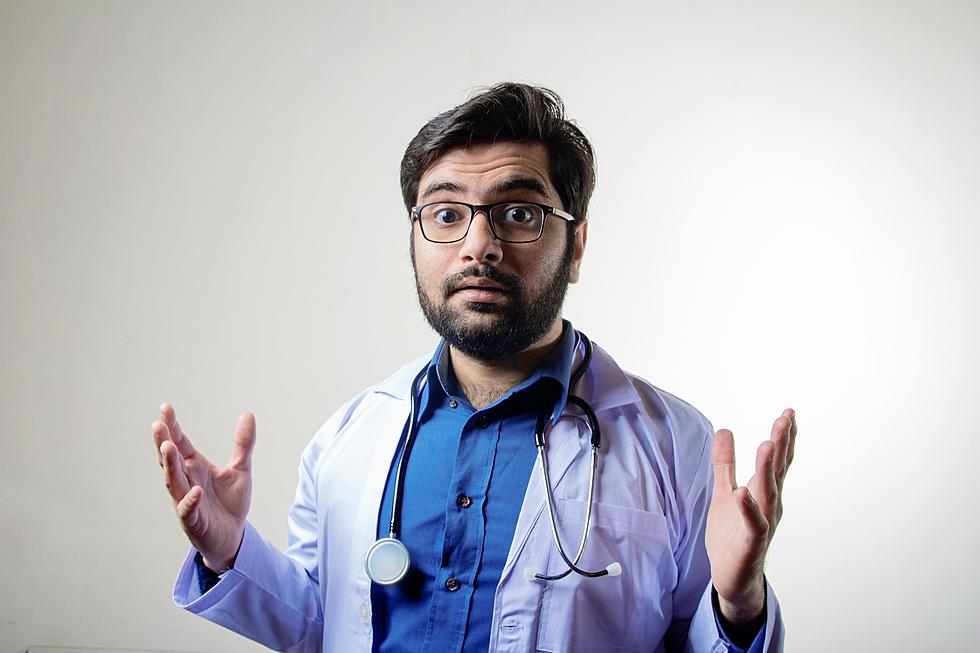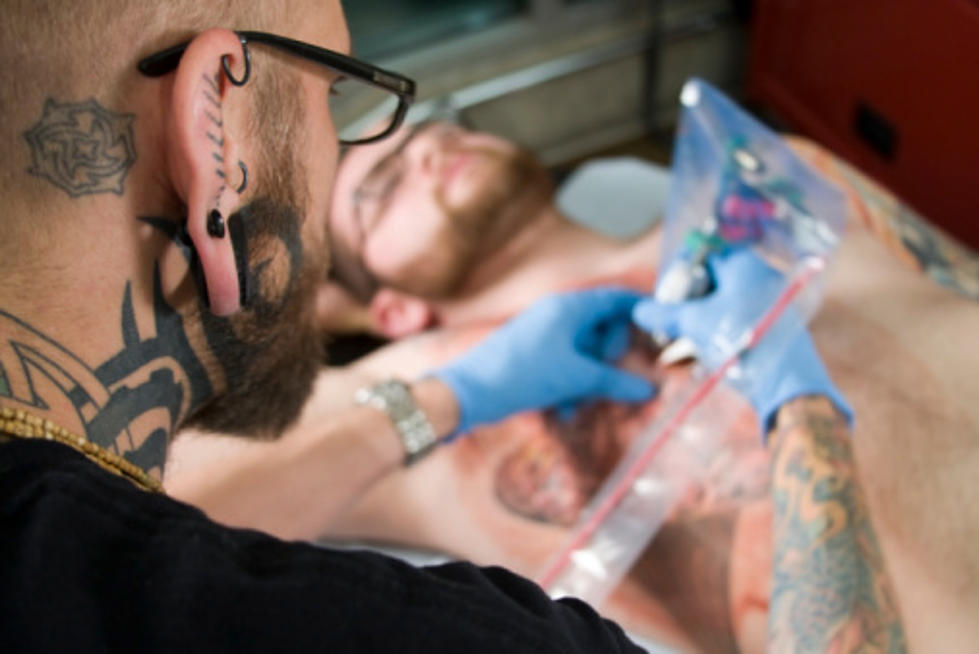
Are Medical Websites Hazardous to Your Health?
There’s an old joke that says nothing is more frightening than Googling the symptoms of an illness. You may only have a runny nose, but within a few minutes, you could find “proof” you’ve contracted some rare and incurable tropical disease.
So what’s the best way to find out more about what ails you?
With more than 50 million Americans currently without health insurance, a trip to the doctor isn’t always feasible — meaning many people rely on health websites and message boards for information and support.
And while that’s not always a bad thing, doctors warn the advice and anecdotes provided by anonymous strangers can lead to dangerous misinformation.
Dr. Bonnie Levin, a family practitioner in Cherry Hill, N.J., says the internet is a great learning tool “as long as you don’t get neurotic and think you’re dying. Sometimes, I think it can be scary because sometimes you learn a little too much and you diagnose yourself with something that you don’t have.”
But many feel the information provided by sites like WebMD has actually benefited them. Judith Kasselman, who regularly visits health sites, said, “I have had such bad luck with doctors and have been misdiagnosed so often that I have become my own advocate. I also understand and can usually sort out the false info relating to me.”
More From WIBX 950




![Man’s Sky-High $55,000 Appendectomy Bill Sparks Outrage About Medical Costs [PHOTOS, VIDEO]](http://townsquare.media/site/241/files/2014/01/BillFeatured.jpg?w=980&q=75)




